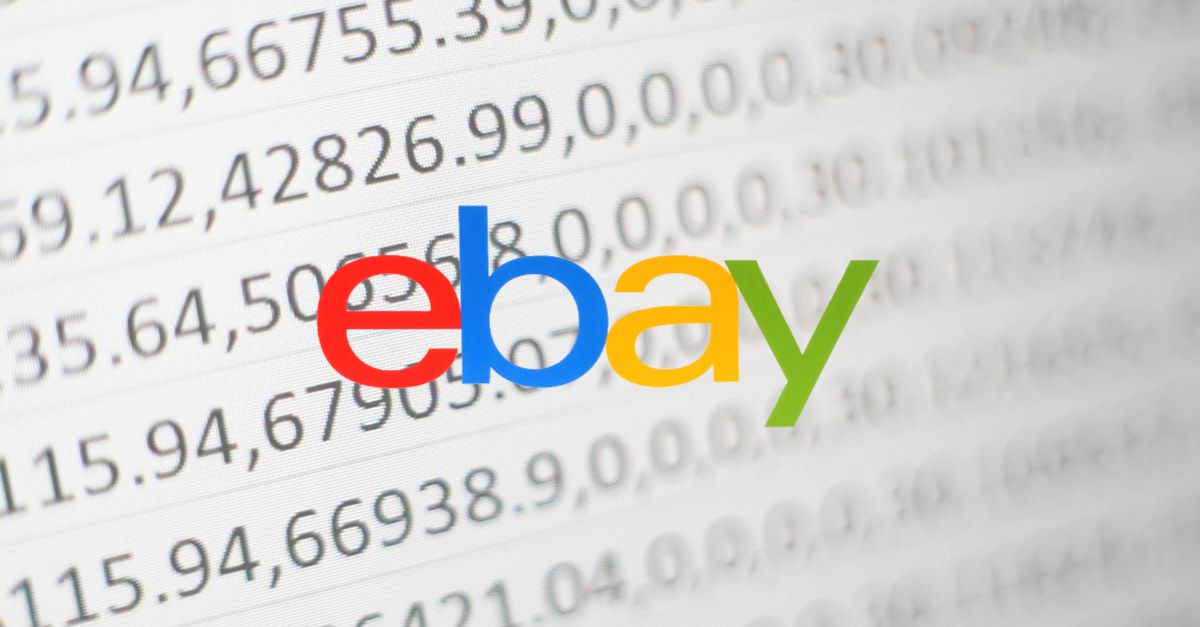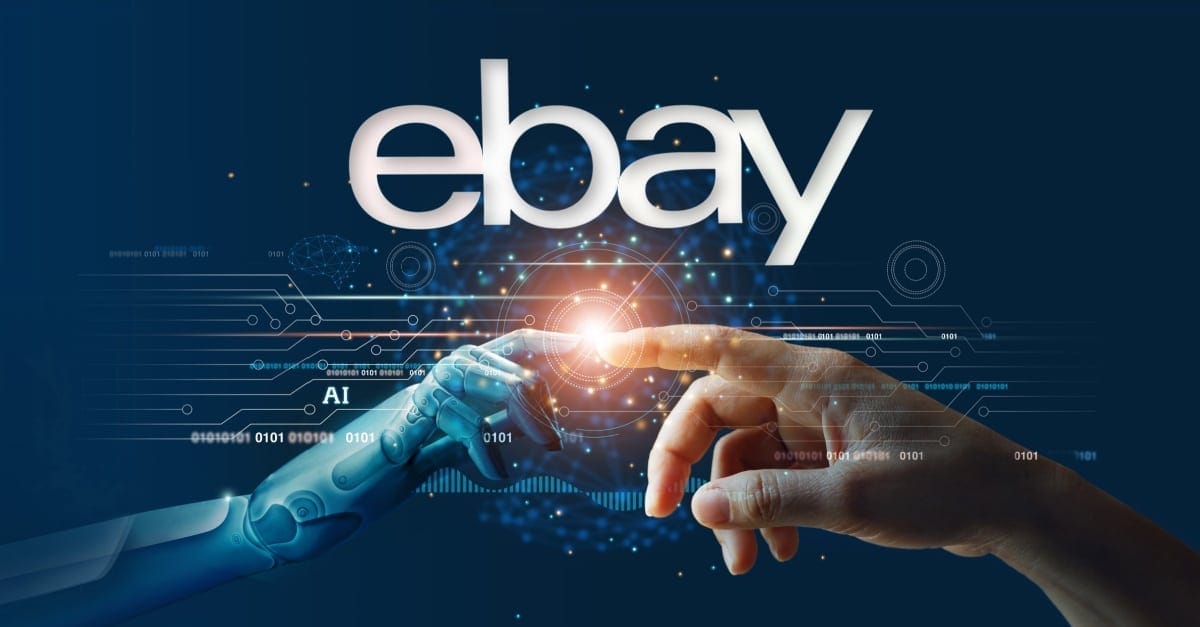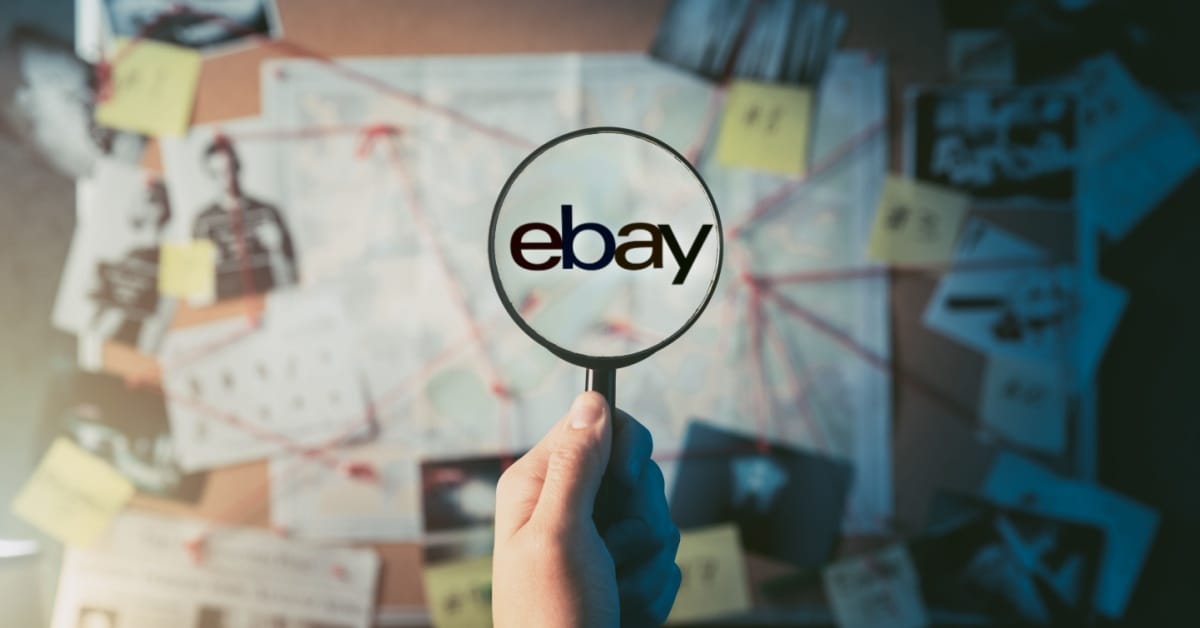Why Do eBay, Etsy & Other Marketplaces Require ID Verification?
UPDATE: It looks like the INFORM act made the final cut in the Omnibus bill that passed the Senate yesterday.

WASHINGTON — U.S. Senate Majority Whip Dick Durbin (D-IL) and Senator Bill Cassidy, M.D. (R-LA) applauded Senate passage of their Integrity, Notification, and Fairness in Online Retail Marketplaces for Consumers (INFORM Consumers) Act.
The legislation, which passed as part of the Fiscal Year (FY) 2023 Omnibus Appropriations Act, will combat the online sale of stolen, counterfeit, and dangerous consumer products by ensuring transparency of high-volume third-party sellers in online retail marketplaces.
It would direct online retail marketplaces that include third-party sellers of consumer products to verify the identity of “high-volume third-party sellers,” which will help deter the online sale of counterfeit goods by anonymous sellers and prevent organized retail crime rings from stealing items from stores to resell those items in bulk online.
As 2022 winds to a close, many online sellers are suddenly being asked by eBay, Etsy and other marketplaces to provide identity verification documents, like a driver's license or passport, and to verify phone number and address details.
What's driving the requests? In the US I believe it's a combination of the new lower 1099-K threshold requiring tax documents to be sent to more sellers than ever before and preparation for the expected passage of the INFORM act, which has been added to the FY23 Omnibus Bill.

The INFORM act will require marketplaces to verify and annually certify the government ID, tax ID, bank account information, and contact information for . "high-volume" third-party sellers - defined as having made 200 or more discrete sales, amounting to $5,000 or more in a 12-month period.

WASHINGTON — U.S. Senate Majority Whip Dick Durbin (D-IL) and Senator Bill Cassidy, M.D. (R-LA) announced today their Integrity, Notification, and Fairness in Online Retail Marketplaces for Consumers (INFORM Consumers) Act has been included in the Fiscal Year (FY) 2023 omnibus appropriations bill. The legislation will combat the online sale of stolen, counterfeit, and dangerous consumer products by ensuring transparency of high-volume third-party sellers in online retail marketplaces. It would direct online retail marketplaces that include third-party sellers of consumer products to verify the identity of “high-volume third-party sellers,” which will help deter the online sale of counterfeit goods by anonymous sellers and prevent organized retail crime rings from stealing items from stores to resell those items in bulk online. The legislation passed the House last month.
“People deserve to know basic information about those who sell them consumer products online,” said Durbin. “By providing appropriate verification and transparency of high-volume third party sellers, the INFORM Consumers Act will shine a light that will deter online sales of stolen, counterfeit, and unsafe goods and protect consumers. I’m thrilled our important bipartisan legislation was included in the omnibus text and am hopeful it will be signed into law as part of the full package.”
“Criminal organizations are putting consumers in danger by tricking them into buying counterfeit and hazardous products online. The INFORM Act is crucial to protecting Americans from scammers on the internet,” said Dr. Cassidy.
The INFORM Consumers Act directs online marketplaces to verify high-volume third-party sellers by authenticating the seller’s government ID, tax ID, bank account information, and contact information. High-volume third-party sellers are defined as vendors who have made 200 or more discrete sales in a 12-month period amounting to $5,000 or more.
The legislation instructs online marketplaces to ensure that their high-volume third-party sellers disclose to consumers basic identity and contact information.
The online marketplace will also need to supply a hotline to allow customers to report to the marketplace suspicious marketplace activity such as the posting of suspected stolen, counterfeit, or dangerous products. The bill presents an exception for individual high-volume third-party sellers that permits them not to have their personal street address or personal phone number revealed to the public if they respond to consumers’ questions over email within a reasonable timeframe. The bill’s requirements would be implemented by the FTC and violations would be subject to civil penalties.
While the INFORM act does provide exclusions for sellers who operate out of their homes, it's not entirely clear how marketplaces are going to implement those exclusions and allow sellers to opt out of having their addresses displayed publicly.
Several states have already passed their own versions of the INFORM act as well, so even if the federal act does not pass, marketplaces will need to put a plan in place to comply.

This law SPECIFICALLY exempts home based sellers from having to disclose their personal home address and personal phone number, it will be displayed differently to buyers if you're homebased. I gave a link to the law, and how to access the verbiage at the link, so folks can read it themselves. It's a pretty specific law, not difficult to understand.
Etsy has the onus to contact sellers who LIVE in GA (not those who sell into GA from other states) and see if they are home-based or not. This is the point of the entire post, no one from ETSY has contacted me (or any other GA resident sellers that I know of) to see if I'm homebased or not. I do not want my personal info to randomly show up as visible to anyone because Etsy didn't do their due diligence and contact sellers for the needed information.
However, it's not just US sellers who are being asked to provide this information. eBayUK has also been demanding ID verification documents from sellers with no specifics as to why that information is suddenly desperately needed.
Flipping hell @eBay_UK Why the sudden need to verify my ID? I've sent a photo of my passport. Do I continue to despatch sales with a frozen account?
— Dan Wilson (@wilsondan) December 20, 2022
I've got exactly this going on too.
— Simon Clark (@simon_isihac) December 20, 2022
Told me to re- verify. Did it. Still not verified... ( but I did get my money today, despite threats otherwise).
It could be a simple case of efficiency - perhaps eBay has decided if they must implement this protocol for the US marketplace, it makes programming and compliance easier to simply put it in place globally.
But I suspect at least in the case of eBay, there may be more in play here than just new laws and regulations - specifically a long festering fraud problem that perhaps eBay is trying to quietly clean up. 🤨
When I experienced triangulation fraud perpetrated through eBay, I observed and reported over 150 hijacked eBay accounts that had been used in the fraud.

There's a common scam that seems to target eBayUK accounts specifically, using the hijacked accounts to list anything from cars to expensive trading cards and Rolex watches in an attempt to get unsavvy buyers to contact the fraudsters off eBay to complete the transaction.

Hey @eBay,
— Jason McGrinch (@goddamnedfrank) December 19, 2022
I'm curious why your fraud and engineering teams can't figure something extremely basic out and code an image analysis bot to detect it; when an account uploads an image like the one below to a listing, that means the seller's account has been hacked by scammers. pic.twitter.com/h6oNNFwgZg

A seller based in the UK who sells many inexpensive items has now listed hundreds of items that are all auction format. With asking prices in the description of thousands of dollars each.
And here is the 2nd photo they use in every auction. There are over a thousand listings. I dont think Im going to alert all the companies. Of course, there is an email address listed that I cut out, that buyers are instructed to contact
Often the innocent legitimate account holders are left holding the bag and are on the hook for refunds and fees on fraudulent sales.

Here in the US, earlier this year I reported on almost 80 instances of stolen identities being used to create eBay accounts which generated over $750K in fraudulent sales - and that's just a drop in the bucket.

If eBay is implementing stricter seller vetting and verification to fight fraud, I absolutely welcome it - but of course would prefer a greater display of transparency about the reasons for doing ID checks and accountability for how much fraud they have allowed to slip through the cracks over the years.





















eBay has responded to my BBB complaint twice. The first time they told me that I deserved below standard because my shipping scans were below the threshold. However, I had to quote their own website to them saying that shipping numbers cannot lead to downgrade to Below Standard.
The second response they just said I would be restored on May 20th completely ignoring the issue at hand, admitting an issue existed, or offering any type of solution.
If this concerns you, this happened to you, or worried it may happen, please take action. In fact, take action anytime eBay is doing somethning wrong. They will change nothing if you don't say anything. If enough people speak up, they do make changes.